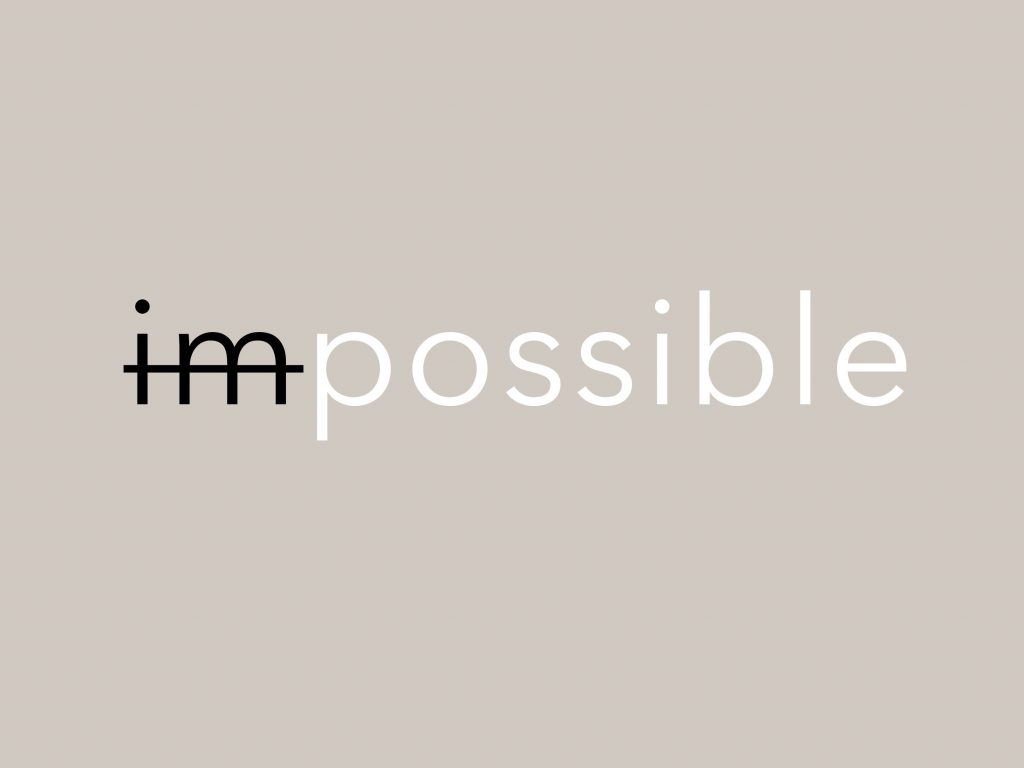
Your Guide to Setting – and Sticking – to New Year’s Resolutions
We’ve all been there — it’s the end of the year and we’re starting to imagine what the next one will look like, personally and professionally. So what do you do? You make a New Year’s resolution list. Tough to write? Yes — and even tougher to stick to!
Do New Year’s resolutions even work? They do if you’re clear on what your goals for the new year are and how you plan to achieve them.
There’s no shortage of New Year’s resolutions, though, and there’s no right or wrong thing to include on your list, so don’t worry. Setting and sticking to New Year resolutions is tough for almost everyone. MyLifeWell is here to help with that. We’ll help you brainstorm what to jot down and teach you how to make New Year’s resolutions work for you.
What Are Your Priorities for the Year Ahead?
Don’t start jotting down random resolutions — that’s not much help. Most people start their resolutions list that way, noting they plan to lose weight by going to the gym more or quit smoking only to have abandoned those resolutions by the time February rolls around.
Instead, start your New Year resolutions list by asking yourself what your specific priorities are for the year ahead. Do you want to kick bad habits so you can feel healthier? Do you want a promotion or would you rather land a new job that brings in better income? Where do you want to see yourself 12 months from now? Those are the goals you need to focus on, so jot them down from the most important to the least.
Some questions are easier to answer than others. Those answers, though, are want will help you chart your course for 2022 — essentially, it’s how to make New Year’s resolutions work for you.
New Year’s resolutions aren’t an overnight thing. At MyLifeWell, we can’t stress that enough. You’ll need to accept the fact that some of your New Year’s resolutions for 2022 may take time — possibly, all 12 months of the year. That’s why focusing on the long game is important, focusing on where you want to see yourself this time next year.
Now that we’ve laid the groundwork on brainstorming your list, let’s look at how you got about setting and sticking to New Year resolutions.
Will You Hold Yourself Accountable for the Changes You Want To Make?
Reaching the goals you’ve outlined for the year ahead involves holding yourself accountable for the changes you want to make. If you’re aiming to get in shape, for example, it means stopping yourself before you reach for an extra slice of cake for dessert. Self-discipline can be tough without a support system. If you need some encouragement, you can always invite friends and family to help out by sharing your goals with them and having them check in on your progress.
When you hold yourself accountable, failing means you’ll be letting yourself down — and that’s not something you want to do. If you slip a bit, that’s OK — it’s not the end of the world. You can always start again tomorrow.
Can an Action Plan Help?
Once you’ve got your New Year’s resolutions list written around all the priorities you have for 2022, an action plan can help you get started. This plan should focus on the steps you’ll take to reach your goals. You don’t have to write these steps down to make them happen, but you should consider doing so — on the same sheet of paper where you wrote down your New Year resolutions, maybe — especially if you’re just starting.
You can also use MyLifeWell’s app to keep track of your goals and resolutions. It has several features that can help hold you accountable and engaged with the MyLifeWell community.
Sticking to your New Year’s resolutions means taking time to achieve them, especially the long-range ones, like kicking a habit, finding a new job, or losing weight. Reaching these goals requires work on your part, so you’ll need to set time aside in your daily schedule to give your resolutions room to thrive. If you have at least 15 minutes in your day, use that time to check in on your resolution list to see if your action plan’s helping you reach your goals.
Make sure you carve out enough time to devote to achieving each of your goals. If one of your New Year’s goals is improving your mental health, your action plan should include setting aside time to meditate or engage in a relaxing hobby. If you always want to start exercising more, your action plan should also include time for a daily workout routine.

Will a Positive Attitude Help Make Setting and Sticking to New Year Resolutions Easier?
Research has shown that resolutions that introduce new behaviors — rather than reduce them — are the most successful. That means genuinely feeling happy about eating healthier foods or going for a walk instead of reaching for a cigarette. To embrace these new behaviors, a positive attitude certainly helps.
Remember, these resolutions aim to improve your life — not hinder it. If you want to stop smoking, for example, viewing this change as a step toward starting to practice healthier recreational habits is a great outlook.
Changing the way we see and think about things can greatly impact how we behave. And that goes for New Year’s resolutions, too.
How Can MyLifeWell Help You Start the New Year Right?
At MyLifeWell, we know it can be incredibly difficult to quit bad habits and shift toward healthier ones — that’s really what New Year’s resolutions are all about. While it may feel like a lonely journey, it doesn’t have to be.
MyLifeWell’s here to help you on your health and wellness journey, especially when it comes to setting and sticking to New Year’s resolutions. Our mantra is “Live Well, Travel Well, and Shop Well,” and we have the tricks, tips, and resources you need to do all three so you can stick to your New Year’s resolutions successfully.
